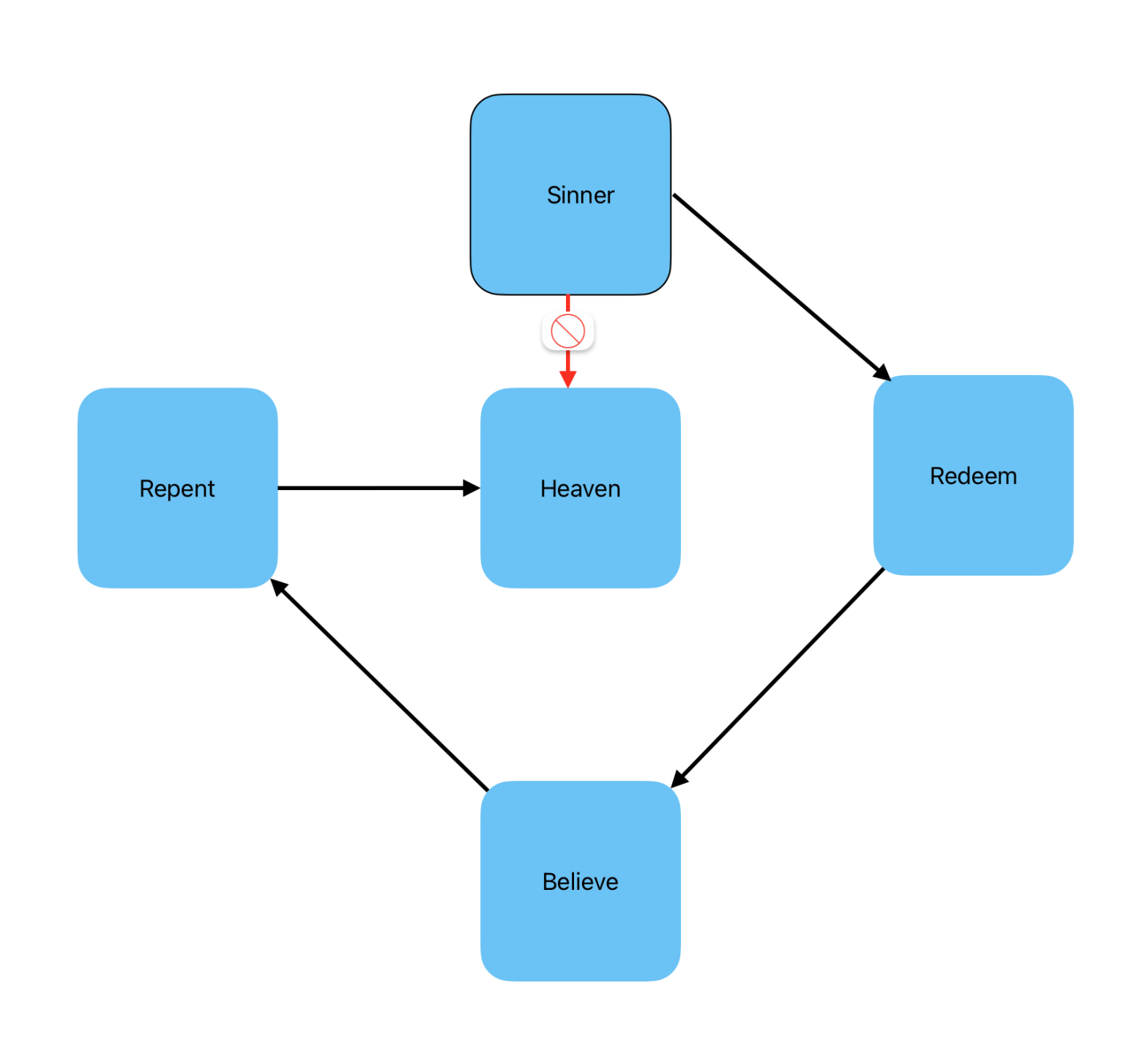Working backwards in the thumbnail, one of the core concepts of the New Testament is Repentance. The Bible has a lot to say about “repentance.” Christians hear the word frequently. Many of us know that the modern definition of the word (to feel sorry for; regret). However, the more you learn about God the more important it becomes to concisely know the meaning of the word. And equally important is knowing what it doesn’t mean.
A change in meaning:
- 5th–4th centuries BC: It meant: A change of mind following reflection. An intellectual shift. Changing one’s mind, opinion, or decision after the fact, often with a sense of “knowing better now.” The usage was neutral or pragmatic, not inherently moral or religious. It focused on mental adjustment, sometimes with regret, but lacked ethical reorientation. Example “In hindsight tearing down that wall wasn’t a good idea. I know better now.”
- 3rd–2nd centuries BC: It meant: A change of mind – but the word started to carry a moral and theological weight of “being sorry for” or “relenting.” Example “I’m sorry, we should not have hunted on your land without your approval.”
- 1st century AD: It meant: A change of mind emphasizing turning away from false beliefs to the truth of God as revealed to mankind in the Holy Bible. It became a call for moral and spiritual reorientation. Example: “I understand now that atheism is a deception and I embrace the teaching of God in the Holy Bible.”
What it doesn’t mean:
Repentance does not incorporate a change of behavior. Repentance is restricted to a change in the way that a person thinks. A careful word study in both the Old Testament and the New Testament illustrates this. This is an important limitation because it deters the God ingrained work/compensation predilection in mankind to work for/earn salvation. We do not work for, nor earn, our salvation. Salvation is a gift from God. That said, a change in behavior will naturally come with a change in thinking.
